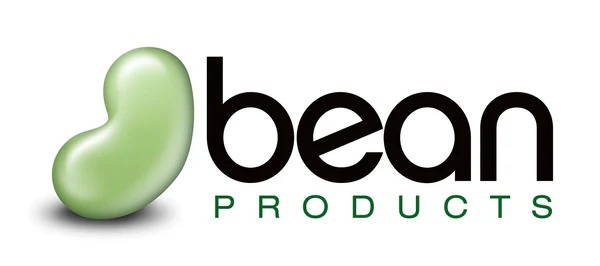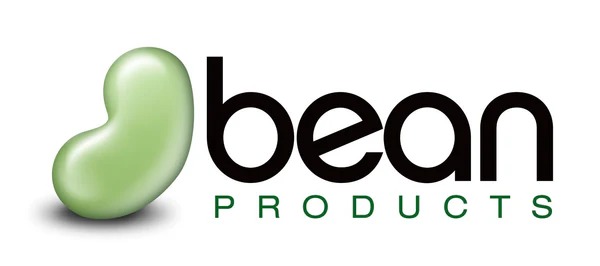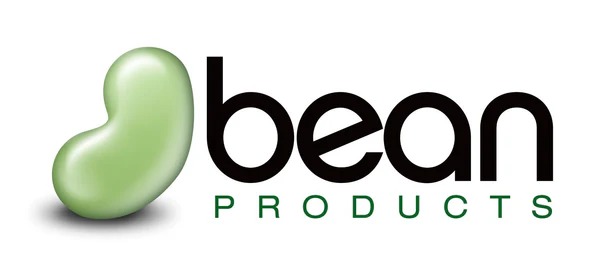Choosing the Right Quail Egg Incubator for Farm Use

When it comes to farming, especially with quail, having the right quail egg hatcher can make all the difference in ensuring high hatch rates and healthy chicks. Choosing the best incubator for quail eggs involves considering a range of factors, from capacity to temperature control, and from humidity regulation to ease of use. The best quail egg incubator will help streamline the hatching process, giving you consistent results that are crucial for farm operations.
In this article, we will guide you through the key features to look for in a quail egg hatcher and provide you with tips for choosing the best incubator for quail eggs for farm use. Whether you're new to quail farming or expanding your operations, this information will help you make an informed decision.
Key Features to Consider When Choosing the Best Quail Egg Incubator
There are several important aspects to keep in mind when selecting the best incubator for quail eggs for farm use. Understanding these features will help you choose an incubator that meets both your farming needs and budget.
1. Capacity
One of the first things to consider is the capacity of the quail egg hatcher. For farm use, you’ll likely need an incubator with a larger capacity to accommodate multiple batches of quail eggs at once. The best quail egg incubator for farm use will allow you to hatch a large number of eggs, which will save time and increase efficiency.
Typically, quail egg incubators come in various sizes, ranging from small incubators that can hold around 20-30 eggs to large models that can handle hundreds of eggs. If you're managing a commercial quail farm, you’ll want a model with a high egg capacity to ensure that you’re producing enough chicks to meet demand.
2. Temperature Control
Temperature regulation is one of the most important features of any quail egg hatcher. Quail eggs require a stable and consistent temperature to hatch successfully. The best incubator for quail eggs will feature a reliable thermostat that keeps the temperature between 99.5°F and 100°F (37.5°C to 37.8°C) throughout the incubation process.
Some quail egg incubators are equipped with digital thermostats, which provide more precise temperature control. Additionally, many high-quality models will include alarms to alert you if the temperature deviates from the desired range. A quail egg hatcher with this feature ensures that you don’t risk your eggs being exposed to fluctuating temperatures.
3. Humidity Control
Humidity is just as critical as temperature for quail eggs. In the first two weeks of incubation, the humidity should be kept at around 45%-55%, and during the lockdown phase (the last 3 days of incubation), it should be increased to 65%. The best quail egg incubator will come with an easy-to-adjust humidity control system, whether it's through manual water trays or automatic humidity regulation systems.
Ensure that the quail egg hatcher you choose allows you to monitor and adjust the humidity levels as needed. Some incubators offer built-in humidity gauges, while others may need an external hygrometer for accurate monitoring.
4. Automatic Egg Turning
Automatic egg turning is one of the most useful features for farm operations, as it eliminates the need for manual labor. When incubating quail eggs, it is important to turn the eggs multiple times a day to prevent the embryos from sticking to the shells. A quail egg hatcher with an automatic turning function will rotate the eggs at set intervals, mimicking the natural process and saving you time.
The best quail egg incubators for farm use will have automatic turning systems that are durable and reliable, making the entire incubation process more efficient. This feature is particularly useful for large-scale operations, where turning eggs manually would be too time-consuming.
5. Durability and Build Quality
Farmers require equipment that can withstand constant use and exposure to various environmental conditions. When choosing the best incubator for quail eggs, look for one made of high-quality materials that can handle the demands of daily use on a farm.
The quail egg hatcher should be well-insulated to maintain stable internal temperatures and humidity levels. Additionally, the incubator’s construction should be sturdy enough to last over time, with easy-to-clean surfaces to prevent the growth of bacteria or mold, which could harm your quail eggs.
6. Ease of Use and Maintenance
An incubator that’s easy to use and maintain is essential for busy farm operations. The best quail egg incubator for farm use should have intuitive controls, clear digital displays, and easy access for cleaning. Some models feature removable trays and parts that make the cleaning process simple and efficient.
Additionally, models with easy-to-follow instructions and good customer support can make setup and ongoing maintenance much smoother, which is important when managing a large number of eggs.
7. Energy Efficiency
Farm operations consume a lot of energy, so choosing an incubator for quail eggs that is energy-efficient can help reduce operating costs. The best quail egg incubators are designed to maintain the right temperature and humidity without excessive energy consumption. Look for models that have energy-saving features, such as low-power heating elements or efficient air circulation systems.
Choosing the Best Quail Egg Incubator for Your Farm
Selecting the best incubator for quail eggs for farm use ultimately depends on your specific needs. Here are a few tips to help guide your decision:
Assess Your Farm’s Scale: If you’re running a commercial farm with high egg production, a larger incubator with high capacity and automated systems (such as egg turning and humidity control) will help you manage the workload.
Consider Your Budget: The best quail egg incubator doesn’t necessarily have to be the most expensive model. There are many reliable and affordable quail egg hatchers that offer essential features like temperature control, humidity regulation, and automatic egg turning. Balance your budget with the features you need for your farm.
Check Reviews and Recommendations: Before making a final decision, it’s always helpful to check reviews from other farmers and users. Look for models that have proven durability, consistent performance, and reliable customer service.
Conclusion
Choosing the right quail egg hatcher for farm use can have a significant impact on your hatch rates and overall productivity. The best incubator for quail eggs will offer features like precise temperature and humidity control, automatic egg turning, and durable construction to make the hatching process more efficient and less labor-intensive. By considering the size of your operation, your budget, and the features that matter most, you can select the best quail egg incubator to suit your farm’s needs.
Note: IndiBlogHub features both user-submitted and editorial content. We do not verify third-party contributions. Read our Disclaimer and Privacy Policyfor details.







